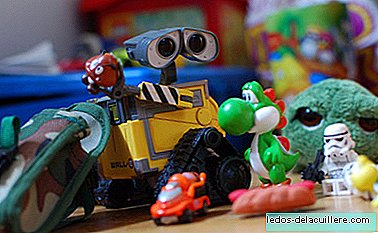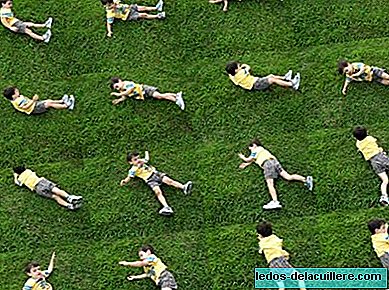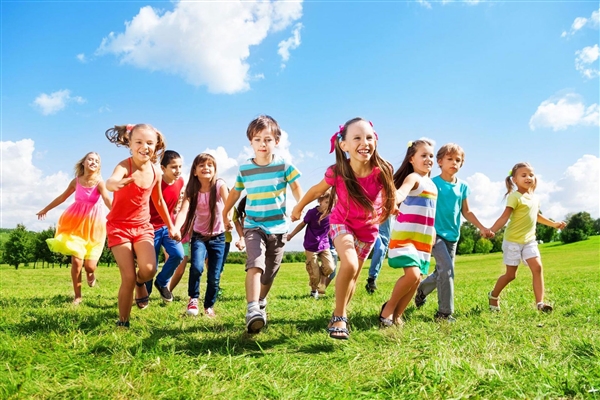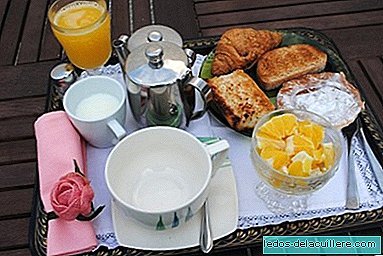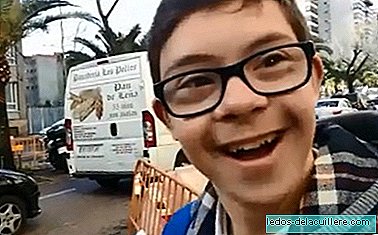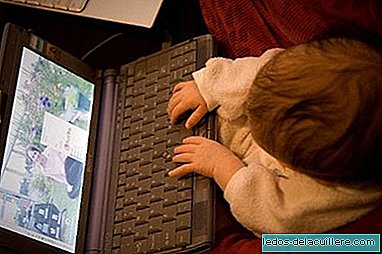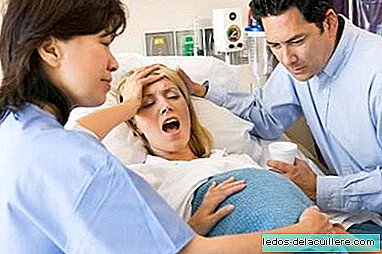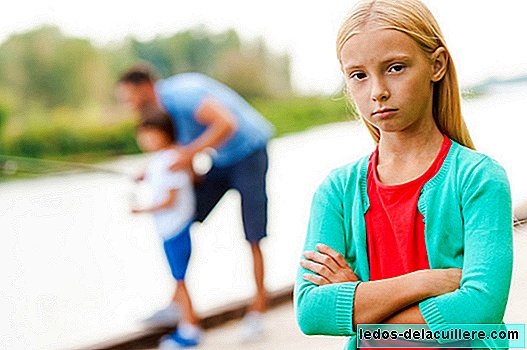A girl with Down syndrome who lives in Pennsylvania wanted to have a doll that looked like her, that's why her mother has thought about creating the Dolls for Downs, some dolls with Down syndrome They just went on sale in May in the United States.
Toys are the most effective tools to promote integration and respect for diversity, so I think it is a great idea, so I also think that one of the flat mistakes is to think that it is only a toy for children. Children suffering from this syndrome. That is why I am asking: Would you buy them.
Many will think "Oh, how cute" but when buying it at the toy store, between a doll of any other brand and a Down doll, which one do you choose? Doubts, do you prefer the doll of a lifetime? Do you let him choose your little one?
The dolls have characteristic features of children suffering from this syndrome: chubby hands and feet, short fingers, almond eyes, flattened nose, small head and flat on the back, and even some have a scar on the heart of open heart surgery. They also incorporate accessories with velcro, buttons or brooches designed to help children develop their motor skills.
AdvertisingIn Spain we also have them. Years ago, the Destoys brand created and launched for sale Baby Down, a doll with features of Down Syndrome, which according to the manufacturers has been very well received. Honestly, I've never seen her in a toy store, you? But you can buy online, which implies that the action of buying it is premeditated and intentional. You have to go find it, it is not easily found, and that does not help normalization too much.
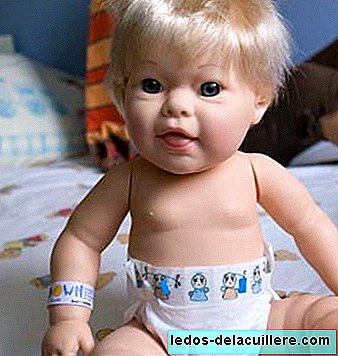
Why call them dolls "Down"?
Another point that squeaks is that it is labeled with the name of the disability suffered by these people. If we want to normalize, Why do we tag? Or do we see dolls called "Baby Autista" or "Baby ADHD"? (let's not give ideas)
I understand that there is behind a marketing strategy that appeals to the characteristic "Down" to attract attention and motivate interest (I have done it myself to start the post), but it could well be called "Baby María". As we teach our children that Marcos is not called "the child Down", but "Marcos". My youngest daughter (3 years old) has a partner with this syndrome in school and does not see him as a "different" child, he plays with him as another child, because he is.
The dolls do not have to reflect a perfect image, but the reality of what we see on the street. Ideally, children should choose this doll because it reminds them of a friend with Down syndrome with whom they play in school, in the park, or because it seems as cute as "perfect" dolls.
I sure would buy it, more than anything for clueless, because in truth I do not see so much physical difference with the "normal" dolls. In fact, more than once I have seen dolls with very characteristic features and I have wondered if they had been created with that intention without appealing to the commercial formula of "Down doll".
The point is that conscientiously or by mistake, I would definitely buy dolls with Down syndrome. I see it as an ideal opportunity to educate our children in the respect and integration of people with any type of disability, to teach them that we all have different (dis) abilities. Knowing and normalizing is the first step. Do not label, the second.
Going back to the question I was asking at the beginning. If you had to choose a gift for a boy, for your nephew, or for your own son (it is understood that also for girl, niece or daughter, that that is another, that they are only dolls for girls, but it is subject for another post) . Anyway, when buying a gift, Would you buy a doll with Down syndrome?.


